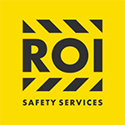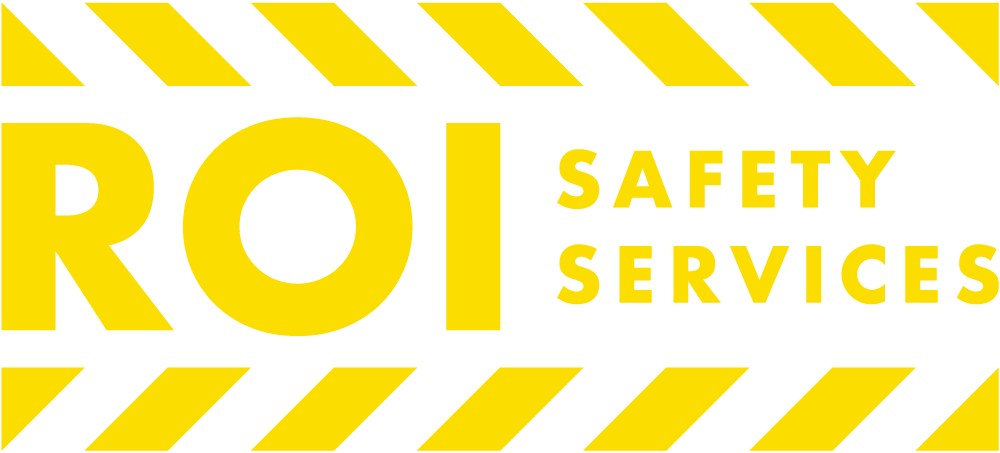
Forklifts are essential in many industries, from warehouses and construction sites to manufacturing facilities. However, operating a forklift comes with significant risks, making proper forklift training and certification crucial. At ROI Safety Services, we believe that investing in forklift certification and training is a vital step for businesses to ensure safety, efficiency, and compliance. Here are the top five reasons why forklift certification and training are necessary.
1. Ensuring Workplace Safety
Safety is the most critical reason for forklift certification and training. Forklifts are powerful machines that can cause severe injuries or fatalities if not operated correctly. According to OSHA, forklift accidents account for approximately 85 fatalities and 34,900 serious injuries each year in the United States. Proper training equips operators with the knowledge and skills to handle forklifts safely, reducing the risk of accidents and creating a safer work environment.
Benefits:
- Reduces the likelihood of accidents and injuries.
- Promotes a culture of safety within the workplace.
- Protects employees, equipment, and products from harm.
2. Compliance with OSHA Regulations
OSHA has strict regulations regarding forklift operation, and non-compliance can result in hefty fines and legal consequences. OSHA requires employers to ensure that all forklift operators are trained and certified. By investing in certification and training, businesses can stay compliant with OSHA regulations, avoid penalties, and demonstrate their commitment to workplace safety.
Benefits:
- Avoids costly fines and legal issues.
- Ensures adherence to federal safety standards.
- Builds a reputation as a responsible and compliant employer.
3. Improving Operational Efficiency
Certified forklift operators are not only safer but also more efficient. Proper training teaches operators how to handle forklifts with precision, minimizing the risk of damage to goods and equipment. Trained operators can complete tasks more quickly and accurately, leading to increased productivity and smoother operations.
Benefits:
- Enhances productivity and efficiency.
- Reduces downtime and operational disruptions.
- Minimizes damage to goods, equipment, and facilities.
4. Reducing Costs
Investing in forklift certification and training can lead to significant cost savings in the long run. Fewer accidents mean fewer injury-related expenses, such as medical bills and workers’ compensation claims. Additionally, properly trained operators are less likely to damage products or equipment, reducing repair and replacement costs.
Benefits:
- Lowers expenses related to workplace injuries and accidents.
- Decreases repair and replacement costs.
- Provides a return on investment through improved efficiency and reduced liabilities.
5. Boosting Employee Morale and Retention
Employees who feel safe and valued are more likely to be satisfied with their jobs and stay with the company longer. Offering forklift certification and training shows employees that their safety and professional development are priorities. This can lead to higher morale, increased job satisfaction, and lower turnover rates.
Benefits:
- Improves employee morale and job satisfaction.
- Enhances employee loyalty and retention.
- Attracts top talent by demonstrating a commitment to employee safety and development.
Conclusion
Forklift certification and training are essential investments for any business that uses forklifts. They ensure workplace safety, compliance with regulations, operational efficiency, cost savings, and improved employee morale. At ROI Safety Services, we offer comprehensive forklift training programs designed to meet OSHA standards and equip your operators with the skills they need to work safely and efficiently. Contact us today to learn more about our training programs and how we can help your business thrive.

